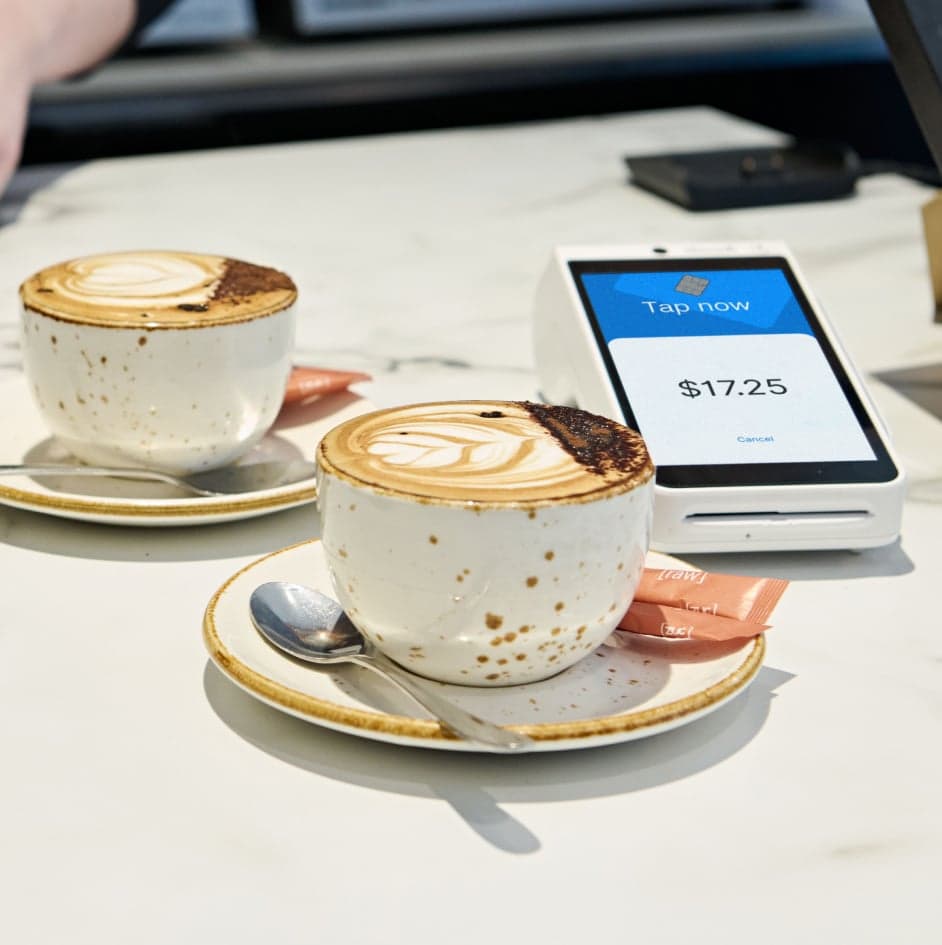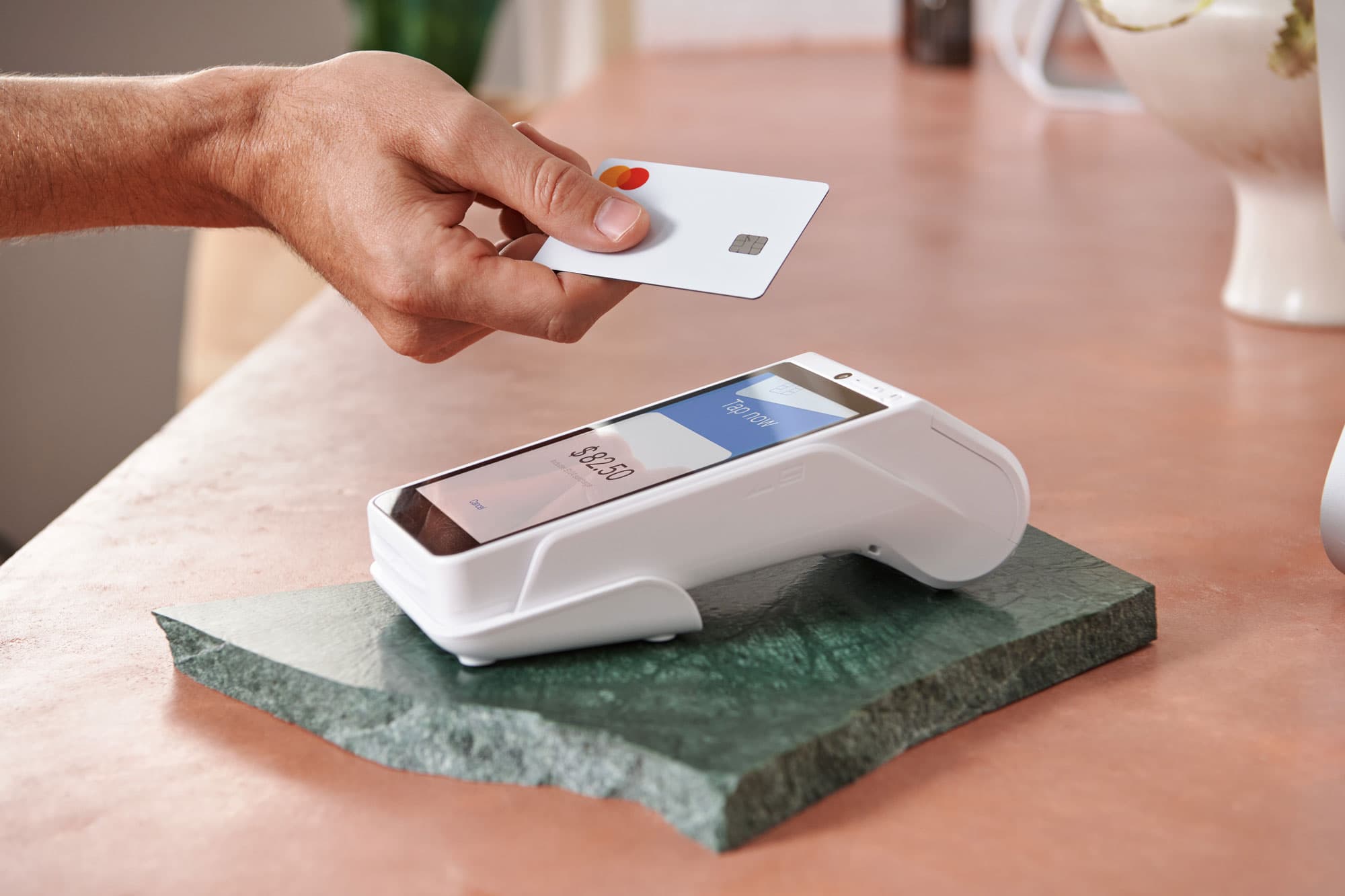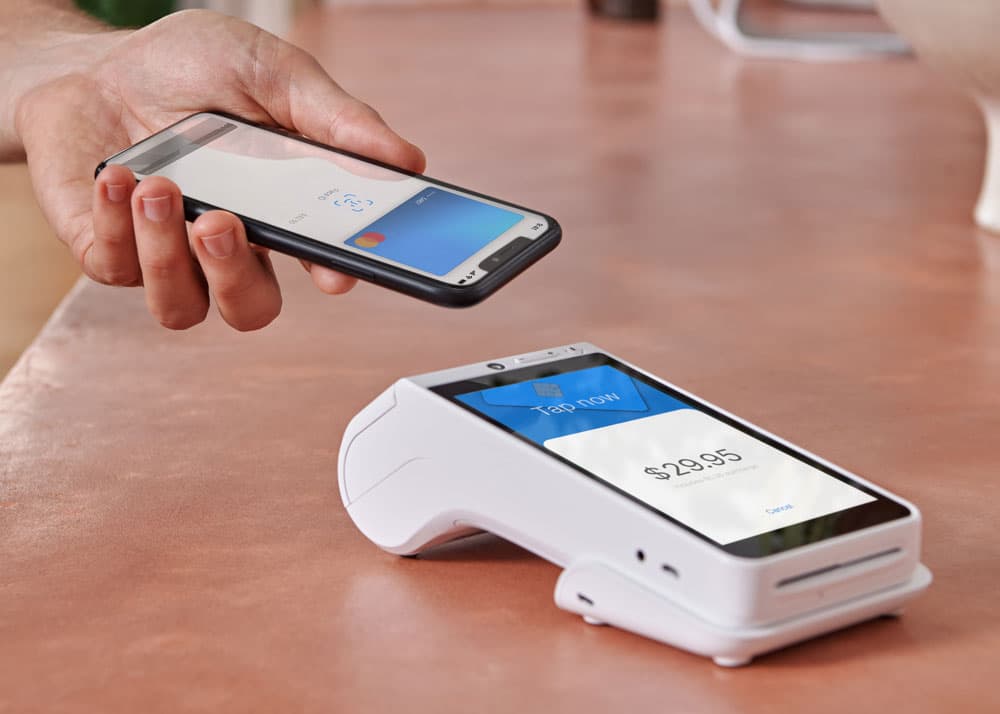
- Business Growth & Optimisation
How to Open a Cafe: 5 Key Decisions
Before opening your doors, you need to make five important decisions.
Australian hospitality is a fantastic industry to be a part of. Not only will you join a globally renowned food scene, but you’ll also spend the better part of each day building a fulfilling career — and likely become an important part of the social fabric in your local community.
On top of the abundant social and emotional benefits that stem from following your passion, there has been significant industry-wide growth during recent years. This is, in part, due to the fact that people are leading busier lives yet not wanting to compromise on the quality or flavour of the food they eat. So, they’re eating out more. It's also in part due to the pandemic, and the changed behaviours of diners across Australia.
Considering opening a venue? There are five critical questions you’ll need to answer before you open your doors — regardless of whether you’re opening a food truck, a cafe, or a French restaurant.
1. What's your niche?
First things first, you’ll need to decide your niche — what your speciality or point of difference will be. However, it’s not as simple as choosing something that appeals to you, you need to factor in what appeals to your target audience. It’s here that you’ll also have to acknowledge that you can’t appeal to everyone.
For example, as a café owner, it’s not enough to appeal to ‘coffee drinkers’ – why should a customer choose to visit you over another café?. So, you need to figure out how you’re going to stand out from the crowd. This is where it pays to brainstorm.
What will you serve that other cafés don’t? What vibe will you create that others can’t? What products, services or loyalty rewards can you offer that other venues aren’t?
The goal here is to establish a sustainable point of difference that won’t fade like a hospitality fad. Do you research and see what niche the competitors in your area have owned – that’ll help you eliminate potential niches for your own business.
2. What is your business structure?
Once you have a good idea of what your café or eatery will look like, and how it’ll stand out from the rest of the market, you need to consider how to structure your business. This will affect your legal, tax and reporting obligations, as well as your income.
When it comes to business structure, there are five main types to consider.
A sole trader is an individual trading on their own.
In a partnership, income, losses, and control are shared among partners.
A company is a legal entity, separate from its owner(s).
A trust is an entity that holds property for the benefit of others.
An association is an entity usually established for recreational, cultural or charitable purposes.
It’s imperative that you lock in your business structure from day one, that way there should be no ambiguity or confusion around anyone’s roles or entitlements.
When it comes to choosing your structure, you need to consider how much power you want over the decision-making process, as well as how much accountability and responsibility you are willing to take on when it comes to the day-to-day operations of your venue.
There’s a handy article on the blog that can help you identify the right structure for your new business.
3. Where will your business be located?
Location can make or break a new business. This is why it pays to do extensive research on your target audience before you lock in your site.
For example, if your plan is to open an underground record store and café in Melbourne, chances are your shop will see more foot traffic in Fitzroy than in Toorak. That’s because this alternative music niche would appeal more to the younger and culturally diverse demographic in Fitzroy than it would in the upmarket Toorak Village food scene.
On the other hand, there may already be four record store cafés in Fitzroy – which might mean you’d be better off owning your niche in a new location that has a similar demographic, such as Northcote.
Other things you’ll want to consider include anticipated sales volumes, accessibility, forecasted rent, restrictive ordinances, traffic, parking, lease terms, future developments, and even the view from your venue. Any one of these can substantially influence foot traffic.
4. What will be on your menu?
What you serve up will (and should) be largely determined by your niche. For example, your niche might be dog walkers grabbing a quick coffee and bite on the run. In that case, your menu would have a heavy focus on quick bites that can be eaten on the go.
When it comes to deciding your menu, it’s important to factor in your target customer and what will appeal most to them. This also needs to be weighed up against the costs of serving food within this niche. For example, if you’re a caviar and champagne bar, you’ll be paying significantly higher prices for stock — make sure this fits with your costs, profitability goals, and customers’ budgets.
Once you’ve decided on a cuisine or speciality, stick with it. Consistency is key here. If you confuse your customers by changing up your offering too often, you risk never retaining loyal customers or establishing a reliable reputation within your niche.
To make a splash within that niche, it pays to introduce promotions such as weekly specials and deals that will entice people to make their first purchase and take one step closer to regular customer status.
5. What tools do you need to get the job done?
Finally, you need the right equipment. One of the biggest mistakes a new business can make is failing to do their research on the best payment system. Countless hours can be lost to unreliable and fractured systems, accounting and invoicing software that plays up, breaks down and doesn’t properly integrate. Meanwhile, dollars can be lost to the high-interest loans you’ll be forced to take out as a result of having poor cash flow — the single biggest killer of small business.
The best thing you can do is adopt a payment system that settles funds quickly, so you can access your takings sooner, allowing you to pay your staff and your bill, and reinvest in your business, giving it the greatest chance for growth. The Zeller Terminal, for example, sweeps funds to your existing bank account by next business day. You can access your cash even sooner by depositing it to a free Zeller Transaction Account. Joining the competitive hospitality scene in Australia is an incredible achievement and will no doubt be a richly rewarding experience. Make sure you take the time to make those five important decisions now to ensure you’re set up for success from day one.
Now that you’re across the big decisions you need to make before opening your café or eatery, it’s time to start planning how to scale up your business. Sign up to our Business Blog to cash in on valuable insights sent straight to your inbox.


